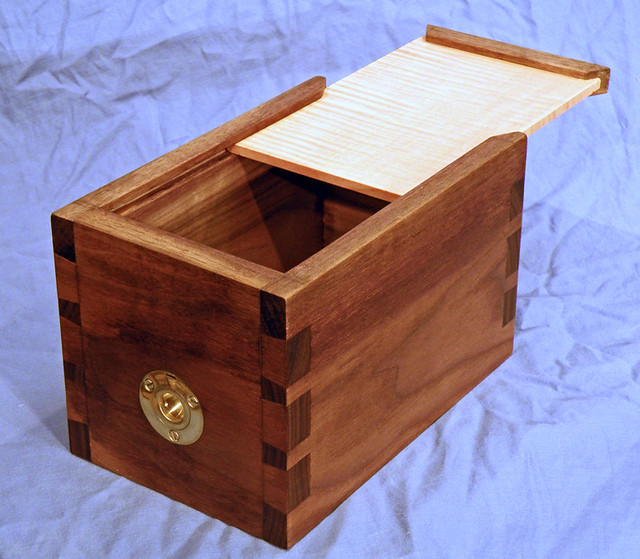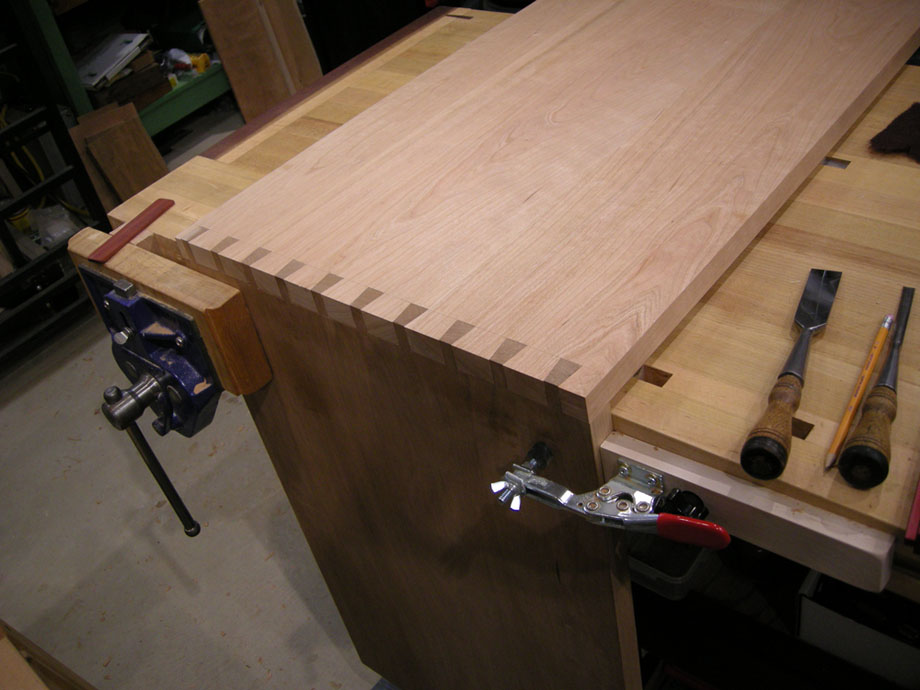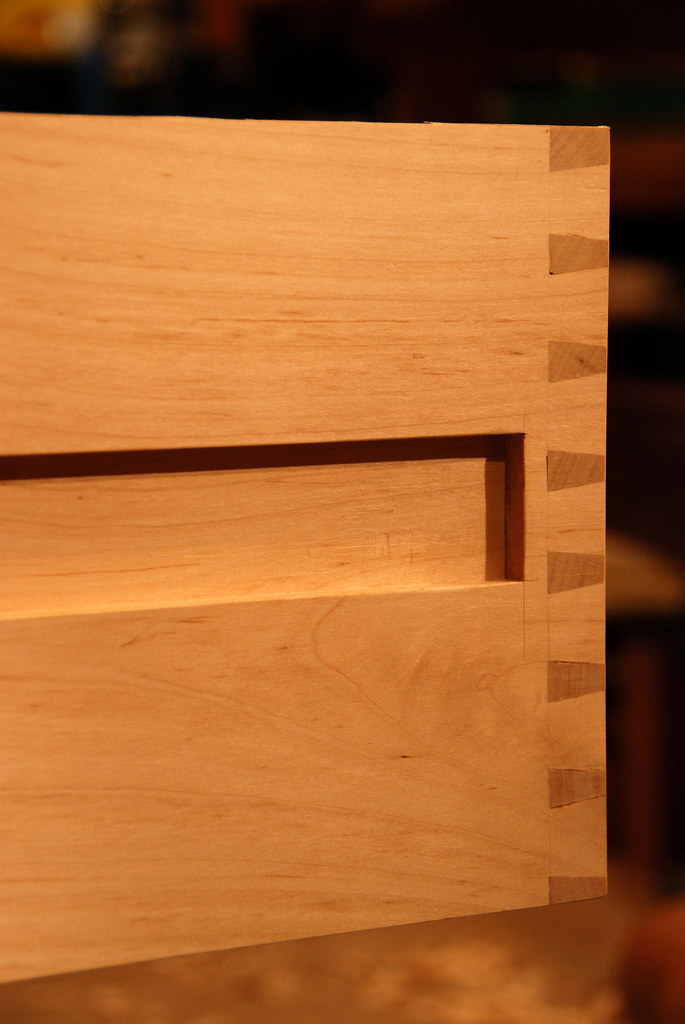Years ago I owned a furniture making school with an emphases on hand tool use for a few years, in that time I've met a lot of people. People from all walks of life and income levels, my advice on tools has evolved over time. I've met young fathers who were trying to build furniture to save money to someone who pulled up in a car which most likely cost more than my first house. From people who would spend weeks deciding on a $100 purchase to one fellow who's wife nearly bought him the entire Lie Nielsen line because he decided to take a week long beginners class. One fellow told me that this hobby is cheap to get into, that is compared to what he spent tricking out his Harley. The point is if you have more money than time buy any tool which makes you happy. If you have more time than money make do with what you have, you can build quite a bit which very few tools and you will get better over time. BUT if using fine tools brings pleasure to something you are ONLY doing for pleasure buy whatever and as many tools as makes you happy. If you find that you don't use certain ones later you can get rid of them, most won't. The people who I would see coming back for more classes were the ones who had a positive experience early on, the skills could come later.




 Reply With Quote
Reply With Quote










